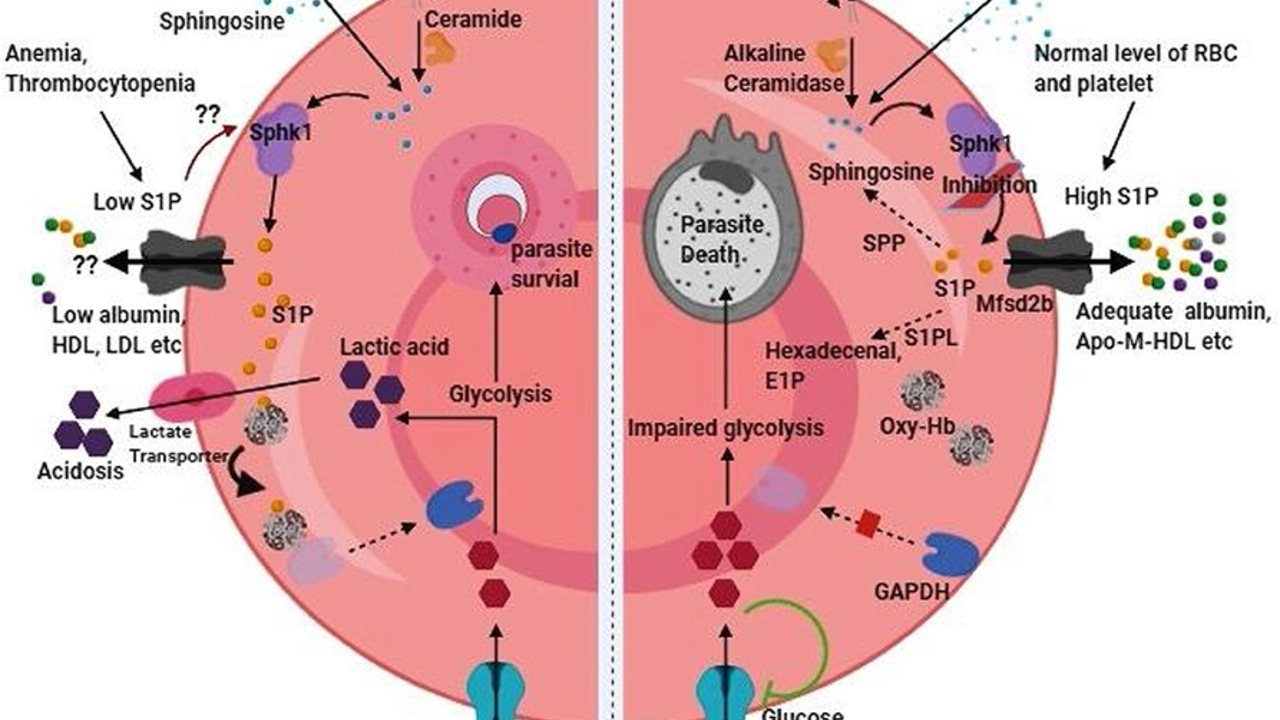Malaria: Symptoms, Prevention, Treatment, and Travel Tips
Malaria is a serious mosquito-borne illness that still affects millions worldwide. If you travel to areas with risk, you need clear, practical steps to avoid getting sick and to act fast if symptoms appear. This guide explains how malaria shows up, simple prevention measures, common treatments, and what to tell a doctor. No jargon, just useful facts you can use today right now.
Symptoms and when to seek help
Classic signs are fever, chills, headache, muscle aches, and sweating. Symptoms can start a week after a bite but sometimes wait longer. If you have fever after travel, don’t wait. Tell any clinician about recent trips and mosquito exposure. Severe malaria can cause confusion, breathing problems, low blood pressure, or dark urine. These are emergencies—get to a hospital fast.
Prevention, travel meds, and treatment
Prevention mixes personal habits and medication. Use an EPA-registered insect repellent with DEET, picaridin, or IR3535. Sleep under treated bed nets in high-risk areas and wear long sleeves and pants at dawn and dusk when mosquitoes bite most. Make rooms mosquito-proof with screens or air conditioning when possible.
Talk to a travel clinic about antimalarial pills before you go. Options include atovaquone-proguanil, doxycycline, and mefloquine, among others. Choice depends on destination, length of stay, pregnancy status, and health conditions. Start the medication at the recommended time before travel and finish the full course after you return.
For pregnant travelers, prevention is different—some drugs are off-limits while others are safe. Pregnant women in high-risk areas may need special counseling and care during and after travel. Always check with a healthcare provider well before departure.
Children need proper dosing and extra care. Mosquito nets and repellents sized for kids, plus timely antimalarial prescriptions, reduce risk. Keep fever plans ready and seek care early if a child becomes unwell.
Treatment depends on the malaria type and severity. Uncomplicated cases are often treated with oral artemisinin-based combination therapies (ACTs) or other effective drugs per local guidelines. Severe cases need intravenous medicine and hospital support for breathing, blood pressure, and other organ functions.
Drug resistance changes which medicines work in different regions. This is why telling doctors where you traveled is vital. Follow all dosing instructions and finish the course even if you feel better. Missing doses can lead to treatment failure or resistance.
After travel, some infections can appear months later. If you get unexplained fever, night sweats, or anemia weeks after returning, mention past travel—testing for malaria may still be needed.
Simple prevention and quick action save lives. If you want personalized advice for a trip or a recent fever, contact a travel clinic or your doctor and carry records of where you visited. That small step can make a big difference.
Want tailored prevention or treatment tips? Share your destination, dates, health history, and any medicines you take with a clinician. They can recommend the right antimalarial, timing, and follow-up checks so your trip stays healthy and worry-free and return safely home.
The Future of Malaria: Predictions and Possibilities
In my recent exploration of the future of malaria, it's clear that advancement in science and technology is paving the way for hopeful predictions. There is a strong possibility of eradicating this disease through innovative strategies like gene editing and vaccine development. However, challenges like drug resistance and climate change could potentially hinder the progress. The future of malaria is a mixed bag, full of both promising solutions and daunting obstacles. Ultimately, our collective efforts in research, healthcare policies, and community engagement will determine the trajectory of this global health issue.
View More
